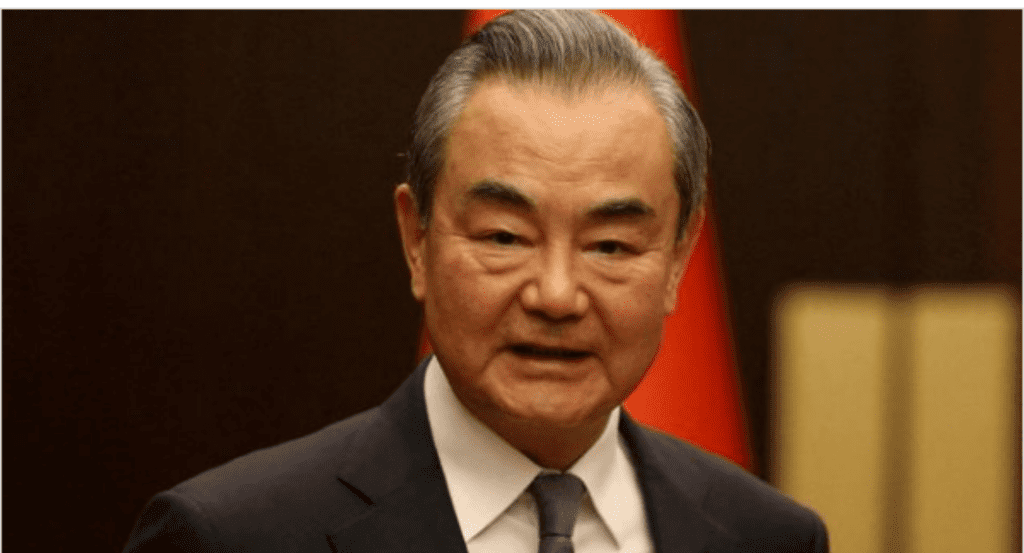China’s Foreign Minister, Wang Yi, has commenced a diplomatic tour across Africa, signaling China’s continued interest in the continent’s natural resources and economic partnerships. The tour, which aligns with China’s longstanding tradition of prioritizing Africa in its annual diplomatic agenda, includes high-profile visits to Nigeria, Kenya, and Angola.
Wang Yi is expected to arrive in Nigeria on Wednesday, January 10, 2025, where he will meet with President Bola Ahmed Tinubu and other top officials. The visit aims to strengthen bilateral relations and explore new avenues for cooperation in infrastructure development, trade, and energy.
This visit is part of a broader effort by China to deepen its engagement with Africa amidst waning attention from Western powers. Observers have noted that China’s strategic focus on Africa highlights its appetite for natural resources essential for sustaining its industrial growth, including minerals critical for renewable energy technologies.
During his stop in Kenya, Wang Yi emphasized the importance of Africa’s role in global development. “Africa must be strong to better contribute to global development,” he said, reiterating China’s commitment to supporting the continent through investments in infrastructure and technology transfer.
China has been Africa’s largest trading partner for over a decade, with trade volumes surpassing $250 billion annually. However, this relationship has not been without controversy. Critics argue that China’s involvement often leads to unsustainable debt for African nations and raises concerns about sovereignty over critical resources.
Uche Igwe, a political analyst, opined that China’s consistent outreach to Africa demonstrates its strategic interest in securing a steady supply of raw materials. “This tour reflects a calculated approach to cement relationships while exploiting resource opportunities,” Igwe remarked.
In Nigeria, discussions are likely to focus on deepening existing collaborations, including China’s role in funding infrastructure projects such as railways, airports, and energy facilities. The Chinese Foreign Minister’s visit is also expected to address Nigeria’s growing debt to China, which has sparked debates on the long-term sustainability of such financial arrangements.
While China continues to solidify its presence in Africa, analysts emphasize the need for African nations to negotiate partnerships that prioritize their developmental goals and minimize vulnerabilities. As Wang Yi’s tour unfolds, the outcomes of his engagements will likely shape the trajectory of Sino-African relations in the years to come.






















